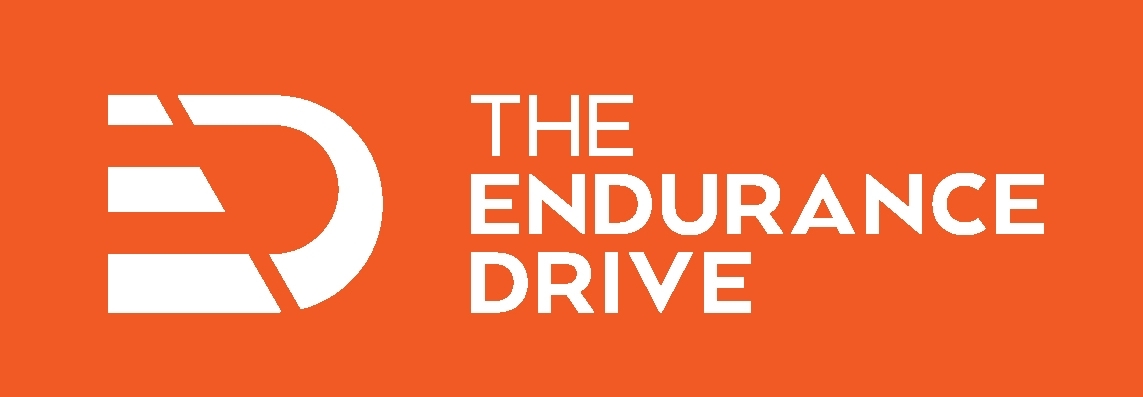Today we're covering our favorite topic to discuss in real life—why we love coaching! We tell the stories of our respective journeys into becoming coaches, The Endurance Drive's coaching philosophy, what we love about coaching, why you should get a coach, and our favorite stories from coaching and being coached. Stick around to the end for listener questions and our gear pick of the week!
Jim and Katie life stories snapshot -- how we got into coaching.
How we coach / Coaching philosophy
You are a person first, athlete second. Our training plans are individualized and account for you as a whole person. Everyone went professional in something else besides athletics. We are people first in the sense that most of us have full time jobs, families and community responsibilities. Athletics is important to our tribe but it’s not the only thing that makes them tick and it’s not the only thing they do.
Keep the recreation in recreational athlete.
Once athletics starts paying for our health insurance, it can tell us what to do!
Consistent, structured training: Appropriate workouts and intensities based on your training cycle, endurance event(s) and personal situation. Execute the fundamentals well.
Fundamentals:
Zone 2 training and 80/20. Big value is taking new athletes out of chronic Z3.
Recovery is training!
Fueling and training go hand in hand.
Injury prevention
Fitness is a journey, not a destination.
Dynamic training. We adapt your plans based on so many individualized factors: abilities, strengths/weaknesses, injuries/illness, life stress, availability, etc. No two plans are identical.
Jim to tell the story of trying to do a recent 3 week block for new athletes.
Communicate with each other. Coaching is a two-way street.
Example: Athlete check-in sheet
Every day we try to build a mental picture of how you are doing. We turn the dials on the plan one way or the other based on the feedback you give us.
Why we love coaching
The relationships. Coach/athlete is a very close connection. We coach the best when we have a whole view of you as a person -- your successes and failures, your challenges/insecurities and things that make you excited.
Related: Getting to share in your athletes’ highs and lows. Coaching works best when it’s a relationship built on empathy. This is a huge privilege for us.
It’s the best intersection of being a: trainer, physical therapist, nutritionist, mental health provider, sports medicine liaison, professional athlete, teacher, etc. It’s great to not have to choose!
The ability to learn and evolve ALL THE TIME. Each athlete represents a unique set of considerations with abilities, schedule, strengths and weaknesses, availability, experience, race calendar. We are always innovating to best support our athletes.
Related, the motivation to keep learning and innovating!
Help others avoid the mistakes I made. I’ve probably made every training mistake under the sun. If you can think of how to do something wrong, I’ve done it. My stupidity, ignorance and eventually learning the proper way benefits not just me but a larger community.
Lastly, we do it for the money - HA! Coaching is the quickest way to become poor.
Why you should have a coach
You are not always the best gauge of whether you need to go easier or harder. Overwhelmingly, athletes who are not coached do too much moderate / zone 3 / gray zone training and not enough easy or hard. Giving yourself permission to go slow is hard.
You are also not always the best gauge of when you need to recover.
Planning your own workouts is a real stressor. Taking that planning completely out of the equation frees up time and brainspace to do other things and mentally + physically recover from all of your training.
Accountability. You are more likely to do your workouts when you know that someone is reviewing them. Who doesn’t love a green box in TP?!
You have a go-to person to come to when, inevitably, tons of questions pop up about all of the ins and outs of endurance training.
Having a partner in all of the ups and downs of training and racing. (Note: Your spouse/partner may not want to hear about all of the intricacies of your Z2 workout! We do!)
Some of our favorite stories from coaching (or being coached):
IMLP 2019, 2023.
Dartmouth Tri Club.
Listener questions:
How to make swimming more bearable? Hard to motivate for
Group swimming -- partner or Masters
Doing math in your head with yardage or times!
Should I be doing flip turns in the pool?
Never critical
Open turns have many advantages, mostly we get a ton of air at each wall and, if executed correctly, they are just as fasel/zt as flip turns
For beginners, learning flip turns can be a way for them to develop a truly easy swim speed as they want to get a lot of breath before each turn
Ultimately you want to become the best swimmer you can become; the best swimmers do flip turns.
Should I have different run shoes in the wintertime?
Avoid shoes that have minimal traction (e.g. Hoka Carbon X) when it’s slippery out
Some people use Yak Trax; we generally opt for treadmill if the roads are really bad or just trail running shoes
Gear pick of the week:
Jim: Gore Tex Overshoes - I size up to ensure an easy fit over cycling shoe.
